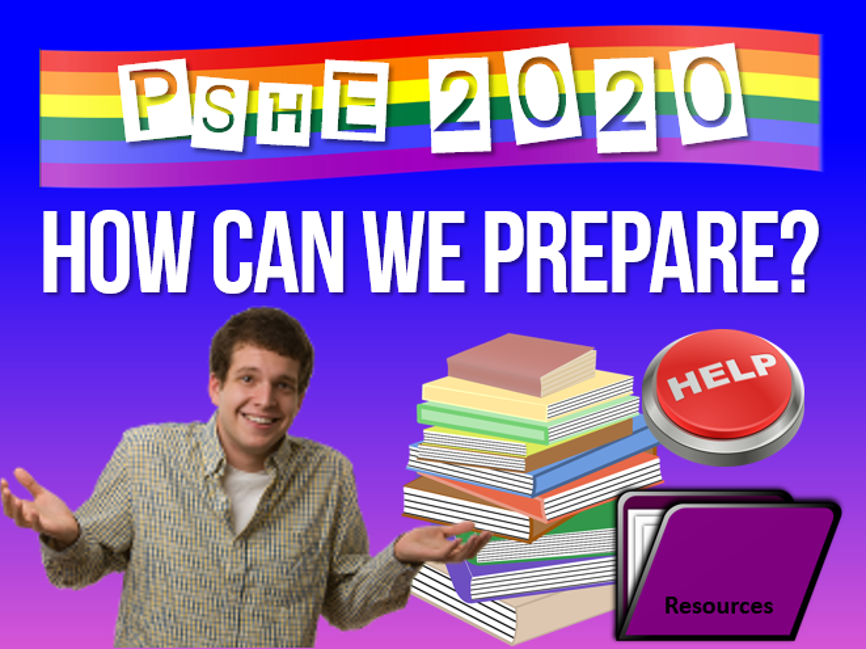
Remembrance Day: What are really remembering?
It’s testament to the strangeness of our language that a war can be called ‘great’. As anyone who’s studied history, or even watched the news will know, there’s clearly nothing great about war: the appallingly squalid conditions in which soliders fester whilst waiting to be shot at; the pain and psychological trauma endured by the ones who didn’t meet their end on the battlefield; the lack of support for war veterans and their loved ones as they face life-changing injuries. And of course, the countless innocent lives ruined or lost in the name of hatred, suffering and greed.
Of course, the adjective ‘great’ here has nothing to do with positivity, and everything to do with the scale of the war. Over 16 million people were killed as a result of World War I, making it one of the bloodiest conflicts in history.
November 11th, Remembrance Day, marks the occasion of this so-called Great War. When we think of the soldiers who paid the ultimate price to protect our freedom, we will no doubt think of people like the Blackadder Goes Forth characters: young, white British men. And while the War did rob us of a generation of men like this in their hundreds of thousands, we must also remember the huge numbers of Indian, African, Chinese, and soldiers from numerous other countries across the globe, who gave their lives in battle – not to mention those soldiers who died fighting on the other side. For, as Neville Chamberlain said, ‘In war, whichever side may call itself the victor, there are no winners, but all are losers.’
Honouring the sacrifices made by our forebears and striving for a world in which those sacrifices are not necessary is our task. November 11th is an opportunity to consider how to achieve such a world for future generations: a world in which human beings co-exist in peace and mutual respect; a world in which co-operation is prized over conflict; a world without war.
Now that truly deserves to be called great.
Teaching about Remembrance Day? Here's a free, hour long lesson suitable for 11-16 year olds.
Need more Remembrance Day resources? Here's a bundle of lessons on Remembrance and World War I as well as an interactive quiz.




